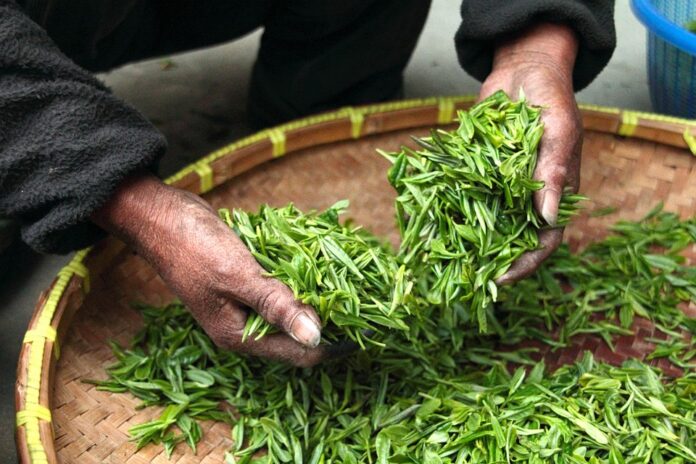Introduction
Regional specialty teas with protected origin status are highly sought-after products that are known for their unique flavors and high quality. These teas are typically produced in specific regions with distinct growing conditions that impart special characteristics to the final product. In this report, we will explore the top 10 regional specialty teas with protected origin status, highlighting their origins, flavors, and the companies that produce them.
Darjeeling Tea (India)
Origin and Description
Darjeeling tea is a well-known regional specialty tea that is grown in the Darjeeling district of West Bengal, India. It is often referred to as the “Champagne of Teas” due to its delicate flavor and aroma. Darjeeling tea is known for its muscatel flavor, floral notes, and bright golden liquor.
Key Companies
Some of the key companies that produce Darjeeling tea include Makaibari Tea Estate, Castleton Tea Estate, and Margaret’s Hope Tea Estate. These companies adhere to strict quality standards to ensure that their Darjeeling tea maintains its protected origin status.
Financial Data
The Darjeeling tea industry generates millions of dollars in revenue each year, with exports to countries around the world. The average price of Darjeeling tea can range from $50 to $500 per kilogram, depending on the quality and grade of the tea.
Uji Matcha (Japan)
Origin and Description
Uji Matcha is a regional specialty tea that is produced in the Uji region of Kyoto, Japan. It is made from shade-grown tea leaves that are ground into a fine powder. Uji Matcha is known for its vibrant green color, umami flavor, and high concentration of antioxidants.
Key Companies
Some of the key companies that produce Uji Matcha include Marukyu Koyamaen, Ippodo Tea Co., and Tsujiri. These companies have been producing high-quality Matcha for centuries and have a loyal customer base both in Japan and internationally.
Financial Data
The Uji Matcha industry is a multi-million dollar industry, with Matcha becoming increasingly popular worldwide due to its health benefits and unique flavor profile. The average price of Uji Matcha can range from $20 to $100 per 100 grams.
Ceylon Tea (Sri Lanka)
Origin and Description
Ceylon tea is a regional specialty tea that is grown in Sri Lanka, formerly known as Ceylon. It is known for its bold flavor, bright color, and brisk taste. Ceylon tea is often used in blends and is a popular choice among tea drinkers worldwide.
Key Companies
Some of the key companies that produce Ceylon tea include Dilmah, Lumbini Tea Valley, and Akbar Brothers. These companies have a long history of tea production and adhere to strict quality standards to maintain the integrity of Ceylon tea.
Financial Data
The Ceylon tea industry is a major contributor to the Sri Lankan economy, generating billions of dollars in revenue each year. The average price of Ceylon tea can range from $5 to $20 per kilogram, depending on the grade and quality of the tea.
Assam Tea (India)
Origin and Description
Assam tea is a regional specialty tea that is grown in the Assam region of India. It is known for its robust flavor, malty notes, and rich aroma. Assam tea is often used in breakfast blends and is a favorite among tea drinkers who prefer a strong cup of tea.
Key Companies
Some of the key companies that produce Assam tea include McLeod Russel India, Apeejay Surrendra Group, and Goodricke Group. These companies have vast tea estates in Assam and produce a significant portion of India’s Assam tea.
Financial Data
The Assam tea industry is a major player in the global tea market, with exports to countries around the world. The average price of Assam tea can range from $2 to $10 per kilogram, making it an affordable yet high-quality option for tea drinkers.
Conclusion
Regional specialty teas with protected origin status are a valuable commodity in the tea industry, known for their unique flavors, high quality, and cultural significance. By exploring the top 10 regional specialty teas highlighted in this report, we gain insight into the diverse world of tea production and the companies that play a key role in bringing these teas to market. Through their commitment to quality and tradition, these companies ensure that regional specialty teas continue to be enjoyed by tea drinkers around the world.



